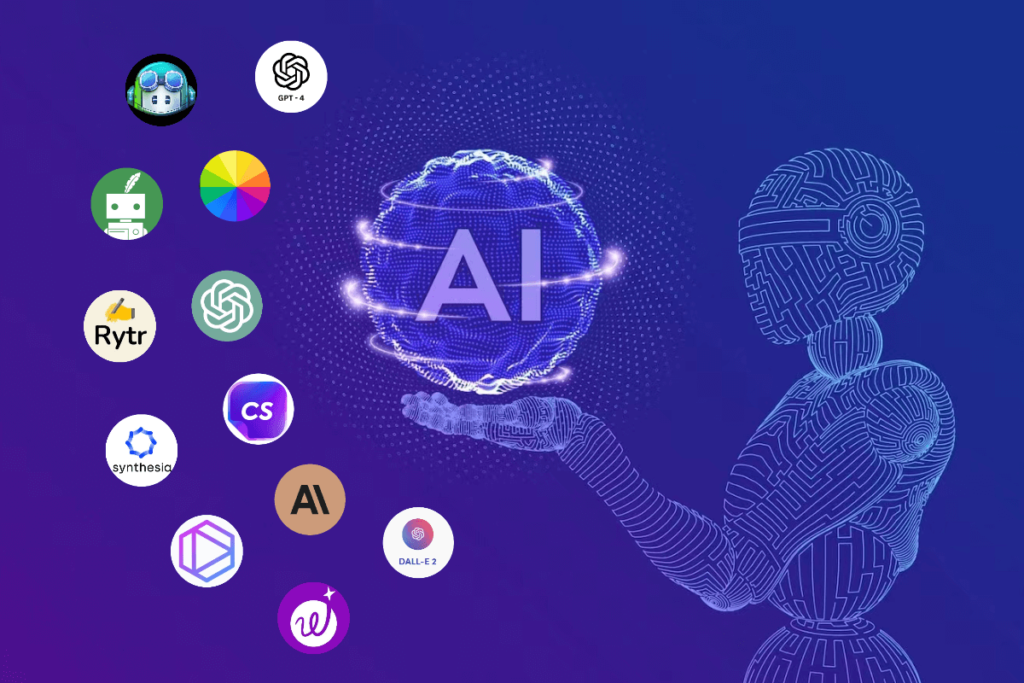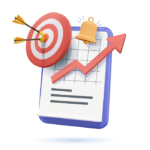Artificial Intelligence (AI) has transitioned from a futuristic concept to a transformative force in various industries and aspects of daily life. The proliferation of AI tools is changing how we work, communicate, and solve problems, making tasks more efficient and enabling unprecedented levels of innovation. This article explores the different categories of AI tools, their applications, and their implications for the future.
Categories of AI Tools
- Machine Learning Platforms
These tools allow users to build, train, and deploy machine learning models. Popular platforms like TensorFlow, PyTorch, and Scikit-learn provide developers with the necessary frameworks to create sophisticated models for various applications, from natural Ai Tools language processing (NLP) to image recognition. - Natural Language Processing Tools
NLP tools, such as OpenAI’s GPT and Google’s BERT, facilitate human-computer interaction through language. These tools can generate text, summarize documents, translate languages, and even analyze sentiments, making them invaluable for businesses in customer service, content creation, and market analysis. - Computer Vision Tools
Computer vision AI tools enable machines to interpret and make decisions based on visual data. Applications range from facial recognition and autonomous vehicles to medical imaging analysis, offering transformative capabilities in security, healthcare, and manufacturing. - Robotic Process Automation (RPA)
RPA tools automate repetitive tasks in business processes, such as data entry and invoice processing. Solutions like UiPath and Automation Anywhere streamline operations, reduce human error, and free up employees for more strategic tasks. - AI-Powered Analytics Tools
These tools, such as Tableau and Microsoft Power BI, leverage AI to provide deeper insights from data. They enable users to visualize complex data sets and make informed decisions, driving efficiency and effectiveness across industries.
Applications Across Industries
- Healthcare
AI tools are revolutionizing healthcare by improving diagnostics, personalizing treatment plans, and enhancing operational efficiencies. Predictive analytics can forecast patient admissions, while AI-assisted imaging tools can detect diseases at earlier stages. - Finance
In finance, AI tools streamline trading, assess risk, and detect fraudulent activities. Algorithms analyze market trends in real-time, providing insights that enhance decision-making and operational efficiency. - Retail
AI is transforming the retail experience through personalized recommendations, inventory management, and customer service chatbots. These tools enhance customer engagement and streamline operations, driving sales and improving customer satisfaction. - Education
In education, AI tools facilitate personalized learning experiences, automate grading, and provide intelligent tutoring systems. These applications enable educators to better cater to individual student needs, enhancing learning outcomes. - Marketing
AI-driven marketing tools analyze consumer behavior, optimize campaigns, and enhance customer targeting. Platforms like HubSpot and Marketo use AI to automate marketing tasks, leading to more efficient and effective marketing strategies.
Implications for the Future
The rapid advancement of AI tools presents both opportunities and challenges. While these technologies can enhance productivity and innovation, they also raise ethical questions regarding privacy, security, and job displacement.
- Ethical Considerations
As AI tools become more integrated into decision-making processes, it is crucial to address biases in algorithms and ensure that AI systems are transparent and accountable. Developing ethical guidelines and frameworks will be vital in navigating these challenges. - Job Market Impact
While AI tools can automate certain tasks, they also create new job opportunities in AI development, maintenance, and oversight. Upskilling and reskilling the workforce will be essential to ensure that individuals are prepared for the changing job landscape. - Collaborative Intelligence
The future may not be about AI replacing humans but rather enhancing human capabilities. Collaborative intelligence, where humans and AI work together, could lead to innovative solutions that neither could achieve alone.
Conclusion
AI tools are reshaping the world as we know it, providing powerful solutions that enhance efficiency, drive innovation, and improve decision-making across various sectors. As we embrace these technologies, it’s essential to approach their integration thoughtfully, considering ethical implications and the need for a skilled workforce. The potential of AI tools is vast, and their ongoing development will undoubtedly continue to influence our lives in profound ways.


